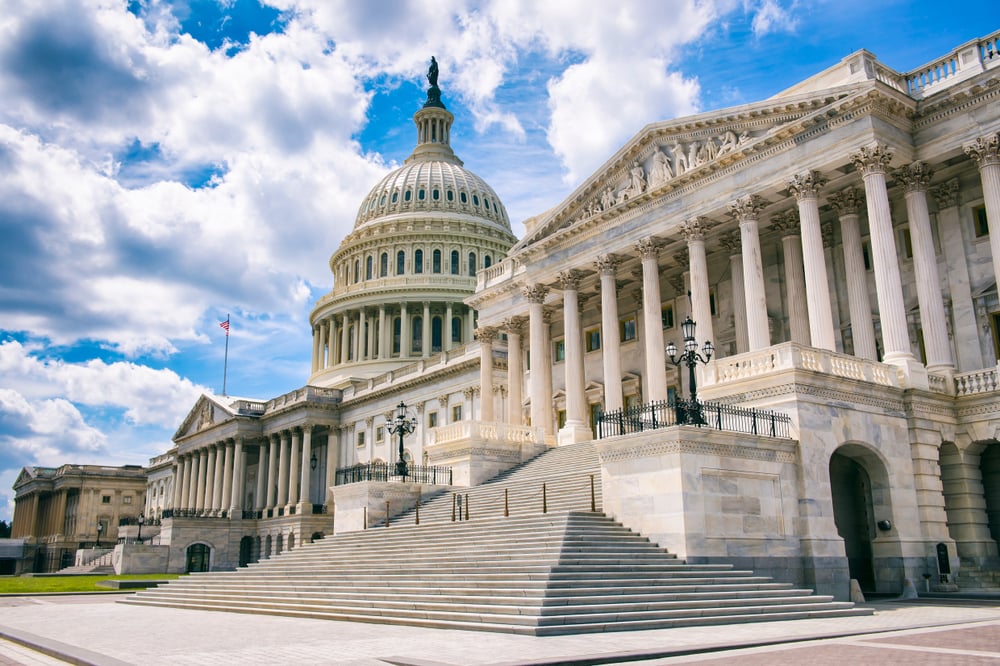Showdown Over Audit Inspections Reaches New Stage
On December 2nd, 2020, the House of Representatives unanimously approved a bill that would bar Chinese companies from trading in the U.S. if their auditors are not subject to inspections by the PCAOB within three years. The "Holding Foreign Companies Accountable Act" was passed by the Senate in May and will now be sent to President Trump to be signed into law.
What's in the Act?
Key provisions of the act include:
- The SEC must identify each foreign issuer whose audited financials are not subject to inspection by the Public Company Accounting Oversight Board (PCAOB).
- These companies must submit documentation to the SEC proving that they are not owned or controlled by a foreign government.
- Companies whose auditors are not PCAOB-inspected must disclose each member of their Board of Directors is a member of the Communist Party, any ownership by government entities, and if their articles of incorporation include the charter of the Chinese Communist Party.
- If the companies continue to use an auditor that is not inspected by the PCAOB for three successive years, they must be barred from trading in the U.S. markets, including from the over-the-counter (OTC) markets.
The provisions of the act go into effect for every report filed in the first year beginning after the legislation is enacted, which would mean it would apply to 20-F reports filed in the first half of 2021 for most Chinese issuers.
Our Take on the Impact of the Legislation
Passage of this bill in the House comes as no surprise, given the strong bipartisan consensus that Chinese companies should have to play by the same rules as other foreign issuers when listing in the U.S. There is every reason to believe that President Trump will sign it into law promptly.- By providing Chinese companies with three years to come into compliance, the bill is unlikely to trigger a mass delisting by Chinese issuers. This window provides plenty of time for the two governments to resolve the current regulatory impasse, or for issuers to move to auditors like MBP that are PCAOB inspected, and thereby avoid the threat of delisting.
- The CSRC has now repeatedly stated that they are very open to reaching a reasonable framework for inspections of China-based audit firms that audit U.S.-listed companies. After sending a second proposal to the PCAOB in August, the CSRC stated just two weeks ago that “It is believed the two sides will adopt an open and professional attitude to reach a consensus” on a plan for joint inspection and “create a good regulatory environment for cross-border listed companies."
- We anticipate that the incoming Biden administration is likely to explore pragmatic solutions, as long as they achieve the PCAOB mandate of promoting audit quality. As a reminder, Chinese companies listed in the U.S. now account for over $2.2 trillion in market capitalization and are widely held by institutional and individual investors.
- Beyond preserving the option for their companies to list in the U.S., promoting audit quality is of great importance to the development of China's own capital markets as the government seeks to attract international investment and demonstrate that it is on a path to develop mature disclosure practices and market-based price discovery.
- Based on our experience, it is possible to conduct rigorous PCAOB audit inspections for the vast majority of non-state-owned companies, while also respecting the legitimate state security concerns of China. SOEs and technology companies that operate in highly sensitive areas now have the option to list on domestic exchanges in China and may not be suitable candidates to list overseas.
- Some Chinese issuers may be concerned about the requirement that non-PCAOB-inspected companies must disclose any ownership by government entities and the membership status of their board of directors in the Chinese Communist Party. This requirement will go into effect immediately with the 2020 audit report and could be viewed as intrusive, given the importance of the party in setting economic and industrial policy in China.
- It is unlikely that the bill will set off a mass migration off of U.S. exchanges by Chinese companies, but it may provide additional momentum to the trend to diversify listing venues. Larger, highly valued Chinese companies are likely to pursue secondary listings in Hong Kong, primarily because of the opportunity to raise additional growth capital and as an insurance policy against any further deterioration in U.S.-China relations.
- Companies that have failed to win a strong following among U.S. investors or have lost the confidence of overseas shareholders will continue to evaluate "going private" and then re-listing in China as an attractive valuation arbitrage. These transactions will ebb and flow depending on respective valuations in domestic and overseas markets and the appetite of private equity funds to sponsor them.
- With regards to the IPO market, the sheer number of Chinese "unicorns" — richly valued companies with innovative business models and a voracious appetite for capital — creates a strong pipeline of listing candidates. For many of them, the U.S. remains the premium choice based on valuation, depth of market expertise, and flexible access to follow-on capital raises. As long as China's companies continue to deliver growth, it would be a mistake to underestimate the ingenuity of eager investors and Chinese companies to consummate deals.













